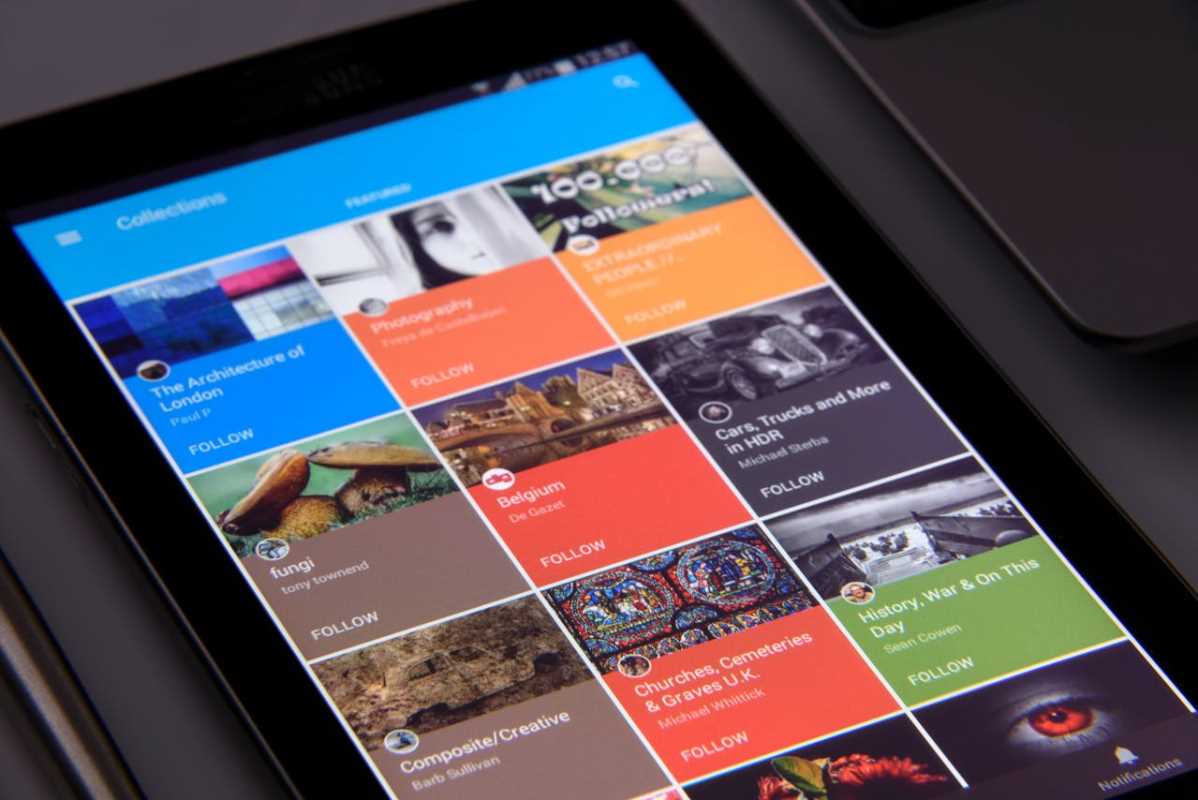We’re living in an age where information is available 24/7, yet it often feels harder than ever to know what’s true, helpful, or worth our attention. News outlets vie for clicks, social media amplifies extreme viewpoints, and polarization seems to seep into every corner of the conversation. If you’ve found yourself feeling overwhelmed, anxious, or even distrustful of news media, you’re not alone.
Here’s how you can detoxify your news consumption while staying informed in a healthy and balanced way.
1. Understand the Impact of Overconsumption
Before we talk solutions, it’s helpful to understand why excessive news consumption can be overwhelming in the first place. Consuming an endless stream of headlines, many designed to provoke outrage or anxiety, takes a toll on mental health. It can lead to emotional fatigue, heightened stress levels, and even a skewed perception of reality.
Polarization further exacerbates this. Seeing only viewpoints that align with your beliefs can reinforce echo chambers, while constant exposure to opposing narratives may ignite frustration or helplessness. Recognizing this impact is the first step toward making intentional changes.
2. Set Boundaries on Time and Platforms
Just like with unhealthy food, moderation is key when it comes to the news. Start by setting boundaries for yourself:
- Limit the frequency of updates: Choose specific times of day to check the news instead of scrolling endlessly throughout the day. Two or three short check-ins can help you stay informed without draining your mental energy.
- Identify your triggers: If certain channels or platforms consistently leave you feeling angry or anxious, consider cutting them out or reducing use. For example, scrolling on social media before bed can turn into a rabbit hole of negativity.
- Respect breaks: Allow yourself news-free zones, like early mornings, meal times, or weekends. Regular breaks give your mind time to reset and process.
- Digital wellness tools can help. Turn off nonessential news notifications and set timers for apps notorious for overwhelming content, such as Twitter or Facebook.
3. Diversify Your Sources Responsibly
To detoxify your news feed, aim for balance and credibility. Relying on a single source or perspective limits your understanding and increases vulnerability to bias. Instead, branch out:
- Use trusted, factual outlets: Reputable organizations with strong editorial practices, like global news agencies or public media, provide a reliable baseline.
- Explore alternative perspectives: Read contrasting viewpoints from sources with different ideologies. Doing so doesn’t mean adopting those perspectives but helps you understand the bigger picture.
- Lean on aggregators: News aggregators collect stories from multiple outlets, giving you quick access to different angles on the same topic. Choose platforms known for their fact-checked, unbiased curation.
However, this doesn’t mean endless addition. Be aware of which sources add clarity and which simply add noise.
4. Focus on Solutions-Oriented Reporting
It’s easy to feel helpless when bombarded with endless reports of crises, corruption, and conflict. To counteract this, seek out journalism that goes beyond the problems to explore actionable solutions or progress being made. Solutions journalism highlights what’s working and inspires constructive conversations, rather than feeding despair or outrage.
Look for sections or publications dedicated to innovation, health breakthroughs, environmental success stories, or community resilience. Stories that uplift and inform can transform your news experience from draining to empowering.
5. Spot and Avoid Misinformation
Half the battle in detoxifying your news diet is learning to recognize misinformation and steer clear of it. With fake news, doctored visuals, and sensational headlines rampant, critical thinking is essential. Ask yourself:
- Who’s behind this story? Check the source’s credibility and whether it’s transparently funded or affiliated with known interest groups.
- What’s the intent? Distinguish between content meant to inform and that meant to incite or entertain.
- Is it verifiable? Cross-check key claims with other reliable sources. If it feels too outrageous to be true, it might be.
Similarly, resist the urge to share unchecked stories. Taking a moment to verify before hitting "share" can reduce the spread of unverified information in your networks.
6. Engage Deliberately, Not Reactively
A polarized media environment thrives on strong reactions, but you don’t have to engage on its terms. When reading, watching, or discussing the news, strive to approach topics with curiosity rather than defensiveness. Take time to process before responding, and practice healthy skepticism with excessive spin or provocative language.
If emotions are running high, step away. Sometimes it’s best to disengage and return to the content with a clearer mind. Remind yourself that not every headline warrants your immediate emotional energy.
7. Foster a Healthy Mix of Offline Knowledge
While digital media is a dominant news source, it doesn’t have to be your only one. Incorporating offline habits into your news consumption can create much-needed balance:
Pick up a newspaper or magazine: Reading print forces a slower, more deliberate process free of hyperlinked distractions.
Listen to expert panels or talks: Podcasts, documentaries, and live discussions can provide depth that fleeting headlines can’t always capture.
Have genuine conversations: Engage with family, friends, or colleagues about current events to gain fresh perspectives and process information together.
Sometimes, stepping away from screens altogether can make news consumption feel less overwhelming.
8. Prioritize Your Well-Being
Finally, remember that your mental health takes precedence. News is important, but no piece of information is worth sacrificing your peace of mind. If you find yourself sinking into despair or anxiety, pull back and focus on self-care. Pursue activities that rejuvenate you, whether it’s exercise, hobbies, or spending time in nature.
It’s okay to step back. Staying informed and staying healthy are not mutually exclusive. By detoxing your news habits, you can create a relationship with information that nurtures understanding without draining your emotional well-being.
 (Image via
(Image via





